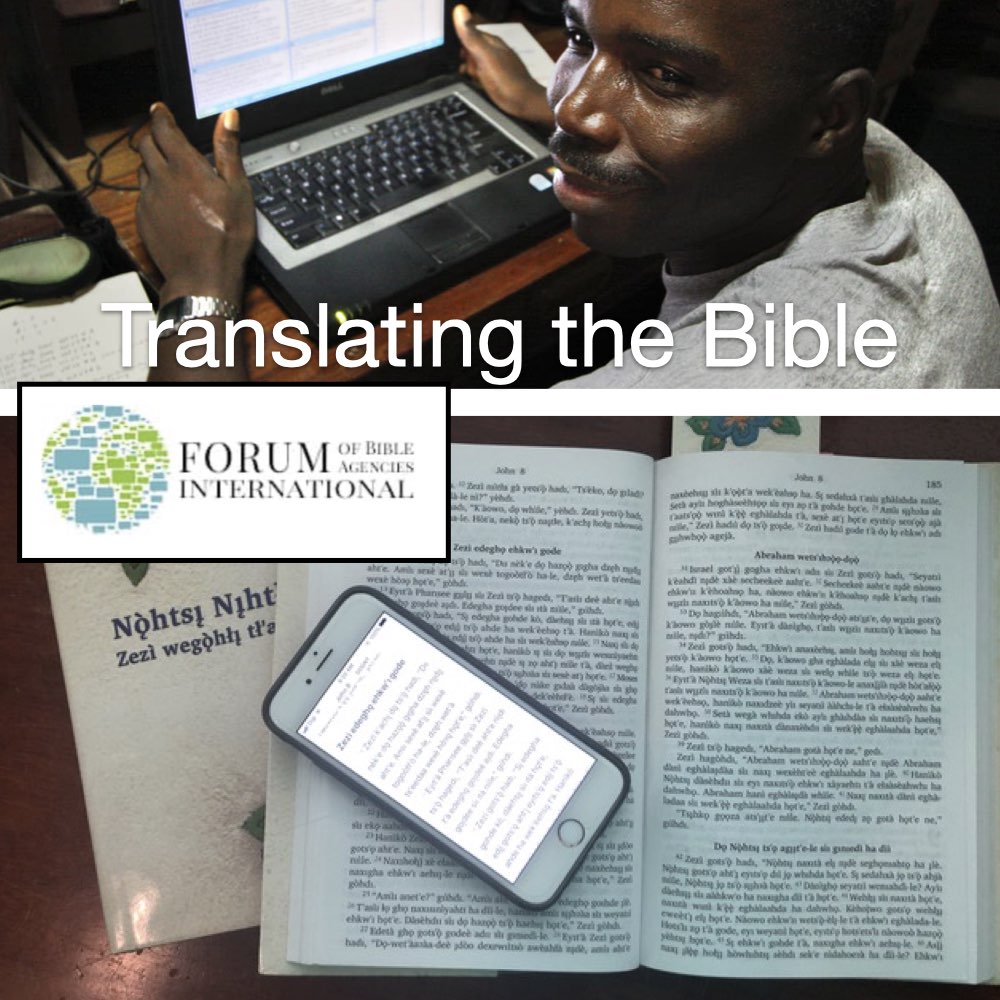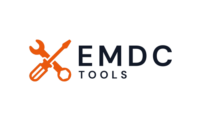
Bible translation in the local vernacular is an excellent way of learning to understand the meaning of God’s Word and to express it in a natural way in the local language. The translation of the New Testament or the whole Bible can take many years. However, the process of translating and learning together is just as important as the completion of the whole book. The journey and the intermediate destinations are just as important as the final destination.
This May Be a Good Tool For Your Community If:
If the churches in your community are eager to have translated Scripture in the local languages and desire to use them in the ministry of the church, it is time to think about translating at least some portions of Scripture. It may be wise to do things incrementally, step by step. You can see what portions and what media work best in your community and build on that if those first portions are successful in meeting the needs of the church and community. Such an incremental approach may lead to a decision to translate large portions or all of the Bible.
How This Works
The most successful translation projects are based on community involvement and partnerships. It is crucial that a significant number of leaders are involved in the decision-making of what gets translated, how much is translated, and in what medium are the Scriptures made available.
Translators can begin by translating just one or two small books (for example Ruth or Jonah) before they move on to longer books (Genesis, perhaps, or one of the Gospels). Each of these books already contain many lessons regarding who God is and what he has done to save people from sin, guilt, shame, addiction, trauma, and death. In general, it is good to translate the book of Genesis early on since it addresses important worldview issues (origin of mankind, origin of sin, God’s plan of salvation, origin of Israel, etc.) In some cases a whole New Testament can be completed in just five or six years. In other cases it takes a lot longer. But the journey of translating the Bible (or a selection of Bible books) is worth the effort for everyone involved, because of the many lessons learned in the process of reading, translating, applying, and sharing the Word of God. Bible translation itself is one of the best ways to directly engage with the Scriptures. In many cases it is a good idea to start with oral Bible stories (OneStory, for example) before starting a Bible translation project. Producing a translation of the Jesus Film in the local language early on in the project is also a very good idea. The Jesus Film often generates a lot of interest and enthusiasm in the community. At some point the community may also need a printed Bible that they can take to church and Sunday school and use in their personal devotions.
Finer Details
Six things are particularly important in doing Bible translation work:
- Having a clear vision for Bible translation in the mother tongue in order to reach the whole language group including those who are least educated.
- Being convinced of the fact that Bible translation is team work that involves a wide array of gifts.
- Humility and a learner’s attitude.
- Awareness of the importance of using multiple media (print, audio, film, drama) to communicate the Scriptures.
- Cultural sensitivity with regard to the question of which media form is most suited in which situation.
- A strong commitment to producing the best possible translation and to completing the task.
The work of Bible translation usually involves a number of stages:
- Initial training of the translators and their community.
- Developing a plan for translation and Scripture engagement.
- Discovering the meaning of the text and producing a first draft.
- Community checking of the translated Scriptures.
- Consultant check.
- Making the translation ready for publication.
- Publication of the printed Scriptures plus continued Scripture engagement.
Different members of the community have different gifts: some are good at studying the meaning of the words, the sentences, and the stories of the Bible; others may be good story tellers or musicians; others may be good writers; others may be good managers; or leaders who are able to encourage the team and maintain unity in the team; others may be computer experts, or particularly skilled in fundraising. But no matter what gifts the individual team members have, the work of Bible translation will probably be a good learning experience for them, because it has so many aspects and there are so many new things to learn even for the most gifted team members.
What challenges or difficulties are there using this resource?
Given that Bible translation is very challenging work, it wise to seek help from people or organizations who specialize in Bible translation. You can find regional offices of the Forum of Bible Translation Agencies here. Or you can find a list of Bible translation organizations here.
This article is just a brief introduction of course. Make sure you have done good Scripture Engagement plans before you start translation. You are in the right place to explore the process.
How To Get Started
It is wise to think about and talk about the local conditions for Bible translation. You can begin thinking about these local conditions by using the Explore step in the Taste&See tool here on this site. The Explore step will lead you through a study of the Eight Conditions for your community. The Forum of Bible Translation Agencies has a very helpful basic set of principles. You can find it for download here.
